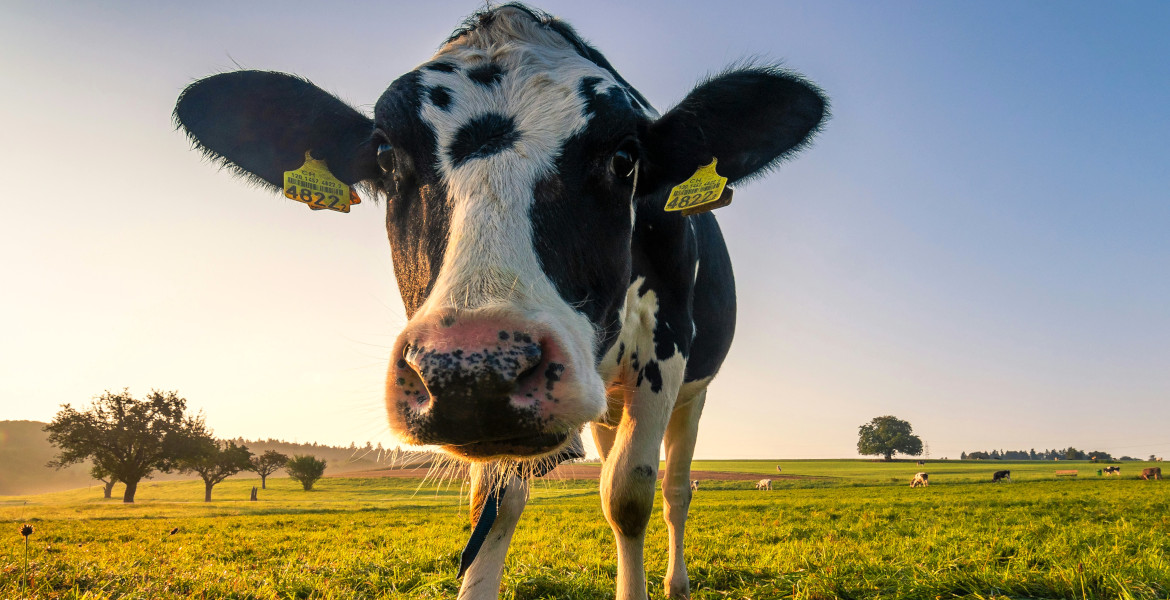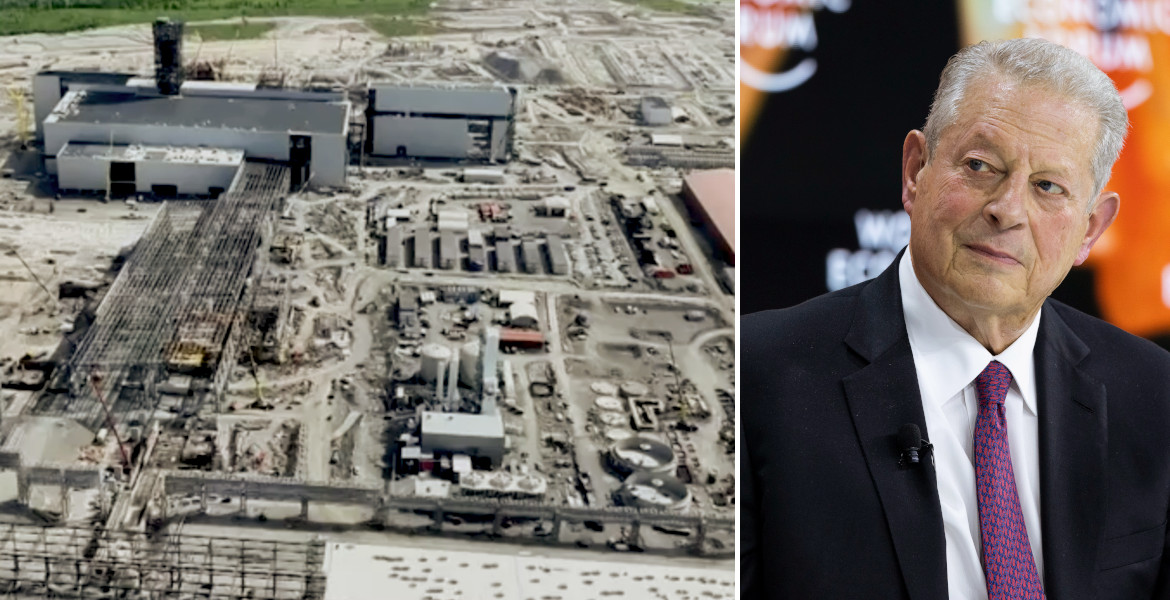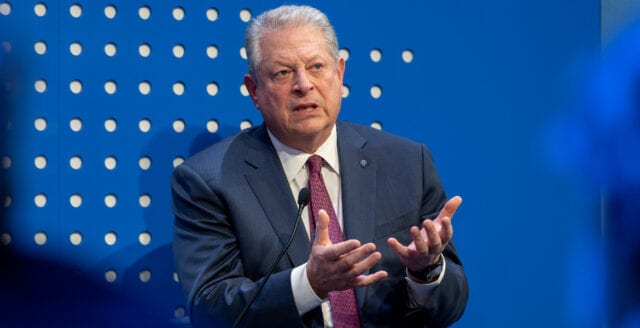Algae in cattle feed has been presented as a breakthrough in the fight against methane emissions from livestock. But new Swedish research shows that the real climate benefit may be minimal – or even negative. Energy-intensive production and long-distance transport risk canceling out any environmental gains achieved in the barn.
As climate alarmism has risen, cows have increasingly been accused of being real climate villains due to the methane emissions that occur when they burp and pass gas – which is why various schemes have emerged to solve this so-called problem. In 2022, for example, Prince Charles praised the British startup company Zelp for inventing a mask for cows to wear that would convert methane gas into water vapor. The cow mask is still under development but may likely become part of British cows' daily life.
However, the most talked-about solution has been the methane-reducing supplements implemented in cattle feed. The best known is Bovaer, which the Swedish-Danish dairy cooperative Arla has particularly been criticized for using, with both Danes and Swedes calling for a boycott of the company. Due to the strong criticism, the company is planning further studies to see how it affects cows' health, as well as the meat and milk.
Algae has been described as climate-smart
Another supplement being tested for cows is algae, which according to some studies has been shown to reduce methane emissions by between 30 and 90 percent. Now, however, research from KTH Royal Institute of Technology in Stockholm has shown that these figures may be highly misleading.
— Adding algae to cattle feed has been overestimated as a quick solution to livestock emissions, says Jean-Baptiste Thomas, researcher at the Division of Water and Environmental Engineering at KTH, in a press release.
To measure climate impact, one must take into account how these algae are produced, processed, and how far they are transported. The algae are often dried or refined, which involves energy-intensive methods such as freeze-drying. Furthermore, there is of course an environmental impact when fossil fuels are used, Thomas argues.
Sometimes there is no climate benefit at all
The most common algae used is Asparagopsis, which has the greatest effect on methane emissions, but it is a tropical species. This means long-distance transport all the way to Sweden. Growing it locally in Sweden is not a good alternative either, as it would require artificial, energy-intensive land-based cultivation systems since the species is invasive.
— The real climate benefit is much smaller – and sometimes there is no benefit at all, or it can even be worse, says Thomas.
Thomas still believes that algae can be of some use as a supplement in cattle feed, as long as the environmental impact is low. For example, it could be interesting to use by-products instead, but he emphasizes that algae alone cannot "transform the climate footprint of livestock". This study is the first to look at the entire chain for algae feed, something that surprises the researchers.
— It's quite surprising, considering how much attention the issue has received for almost a decade. Perhaps it shows how eager we are to find quick technical solutions to the climate crisis, says Thomas.






